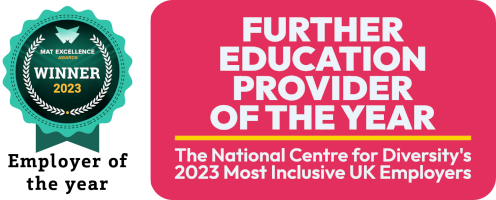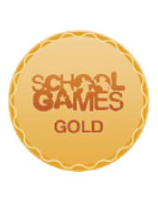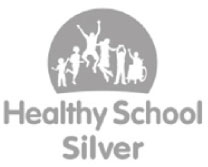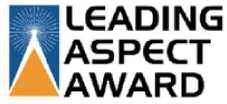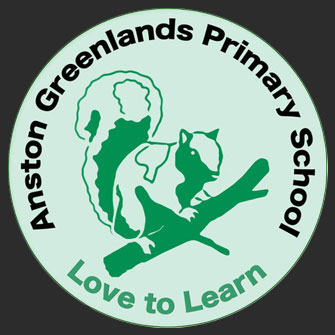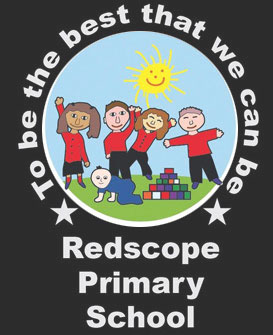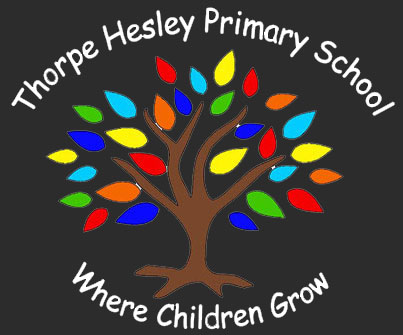The KS1 and FS English Lead is Mrs McClare and the KS2 English Leads are Mrs Walpole and Mrs Denwood. The Drama Coordinator is Mrs Parmenter.
The study of English at Redscope develops children’s ability to listen, speak, read and write for a wide range of purposes, including the communication of their ideas, views and feelings. Children are enabled to express themselves creatively and imaginatively as they become enthusiastic and critical readers of stories, poetry and drama, as well as of non-fiction and media texts. Children use their knowledge, skills and understanding in speaking and writing across a range of different situations.
The National Curriculum for English aims to ensure that all pupils:
- read easily, fluently and with good understanding
- develop the habit of reading widely and often for both pleasure and information
- acquire a wide vocabulary, an understanding of grammar and knowledge of linguistic conventions for reading, writing and spoken language
- write clearly, accurately and coherently
- use discussion in order to be competent in the art of speaking and listening
English has an important place in education and in society. A high-quality education in English will teach pupils to speak, read and write fluently so that they can communicate their ideas and emotions to others. All the skills of language are essential to participating fully as a member of society; therefore, it is a priority of our school that all pupils develop their speaking skills to enable them to make a positive contribution.
As part of daily English lessons at Redscope, our children are encouraged to verbalise their ideas and practise sentence structures orally. We use Talk for Writing to promote oral storytelling and vocabulary practice prior to written work.
At our school, it is our aim to develop enthusiastic and confident readers who can understand a wide range of texts. Children will read for interest, information and we pride ourselves in encouraging children to read for enjoyment. Our pupils are provided with daily opportunities to read collaboratively, independently and in guided reading sessions to both develop reading and comprehension skills and promote reading for enjoyment.
Curriculum and Policies
Reading at Redscope
At Redscope, we are passionate about reading and we love to share this enthusiasm with all our pupils
- Children have the opportunity to read for pleasure
- Skills are taught to develop the ability to read for fluency, prosody and understanding
- We develop the skills required for the critical reading of texts
- Children read, summarise, express and clarify their own ideas and the ideas of others.
- Children are encouraged to read a wide range of fiction, poetry and non-fiction materials
- Children are encouraged to listen attentively
- Children gain awareness of the close links between reading and writing
- Children are encouraged to read at least three times each week at home
Phonics and Early Reading
In Foundation Stage 2 and Key Stage 1, we use the validated phonics SSP programme ‘Little Wandle- Letters and Sounds Revised’ to structure our phonics teaching and assessment. As part of the programme, children participate in daily phonics sessions and read within a guided reading group three times per week. These sessions focus on developing the skills of decoding, reading fluently and with prosody and comprehension. Guided reading books are carefully chosen based on the children’s current phonic understanding through regular assessment opportunities. All our early reading books are matched to the phonics programme and children only read books containing words that they can confidently sound and blend using their phonic knowledge.
At the end of Year 1, pupils take the Statutory Phonics test which consists of reading real and alien words to assess their decoding skills. In Year 2, children start to look at spelling rules and patterns detailed in the National Curriculum. These are sent home as spelling lists for children to learn weekly. Their knowledge and understanding of these rules is assessed through the application of the words into their independent writing.
The resources below will help you support your child with saying their sounds and writing their letters. These three videos show you how to pronounce the sounds. Notice how the children don’t add an ‘uh’ sound at the end, so they say: ‘t’ not ‘tuh’. Use the downloadable information to help your child remember how to write their letters and say their sounds.
Phase 2 sounds taught in Reception Autumn 1
Phase 2 sounds taught in Reception Autumn 2
Phase 3 sounds taught in Reception Spring 1
Guides
Reading in Key Stage Two
Children in Key Stage Two read regularly in daily guided reading sessions. Children are grouped according to their ability and read books at the level that they are currently working at. Within these sessions, comprehension questions are used effectively to elicit children’s understanding of the texts that they are reading. Children move through the coloured book band levels as they progress and improve in reading. Their progress is monitored in Guided Reading sessions and in termly Reading Comprehension tests. As well as these targeted sessions, children also have the opportunity to enjoy books during whole class reading sessions, teacher reads during the school day and timetabled ERIC (Everyone Reading in Class) sessions when children have a free choice of reading materials, including magazines and newspapers that school subscribe to.
Redscope Reading Challenge
To encourage all children to read for pleasure, staff at Redscope have developed a reading list of age-appropriate texts for each year group. During the year, all children in school are encouraged to read all the books at home with their family members and share their recommendations with their peers. Assemblies are used as a positive way to share reading recommendations and there are rewards for children who complete the challenge each year.
Writing at Redscope
Our English curriculum is designed to promote good outcomes for pupils by providing children with the opportunity to develop their speaking and listening into reading and writing skills. We use the National Curriculum objectives to inform our planning and progression documents to ensure that skills are being built on in each year group. Cross-curricular links are planned for, ensuring each year group covers a range of writing genres linked to their curriculum topics throughout the year to ensure that skills are being practised and knowledge and understanding is being applied to other curriculum areas. Each year group has specific genres, ensuring that during their time at Redscope Primary, they have developed mastery of a wide range of writing styles for a range of different purposes.
- We encourage and promote ‘Talk for Writing’
- Grammar, punctuation and spelling objectives taught are applied into appropriate writing genres
- High quality texts, drama and first-hand experiences are used to stimulate writing opportunities.
- Modelling and shared/collaborative writing is used regularly to demonstrate good practice
- We provide time for planning, editing and revising
- Checklists are used for pupils to self-assess or peer assess, when appropriate so they can evaluate effectively
- Pre-cursive (KS1) and cursive (KS2) handwriting is used to support spelling, speed and overall presentation in line with the Sheffield Structured Handwriting Scheme.
Grammar, Punctuation and Spelling
Grammar, punctuation and spelling is taught in discrete teaching sessions at our school to ensure that children have a secure understanding of grammatical structures, word classes, accurate punctuation use and spelling patterns. Children are given the opportunity to practise skills during these sessions which can then be applied in writing sessions in English and other curriculum areas. We use the Rising Stars scheme for spelling to ensure that spelling patterns are being taught consistently across school.
Vocabulary
We value the importance of discrete vocabulary teaching at our school and use Vocabulary Ninja as a driver to introduce new vocabulary on a daily basis. Children learn the definition of tier 1 and 2 words, applying them into independent sentences and gain a good understanding of the grammatical links to the words such as their word class, synonyms/antonyms and prefixes/suffixes.

